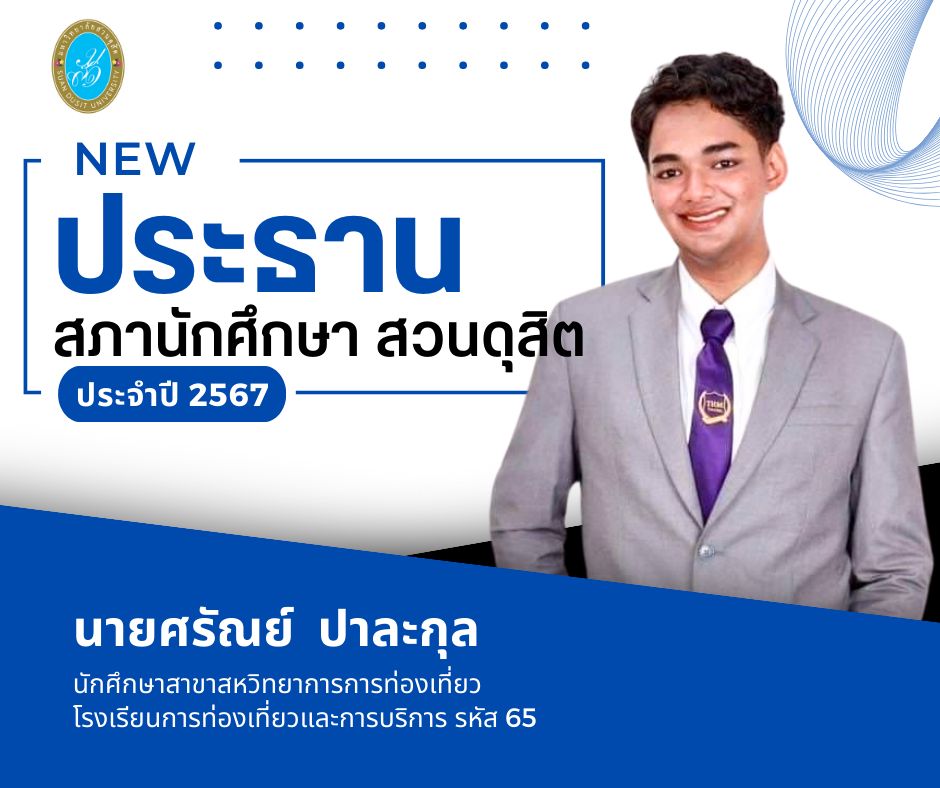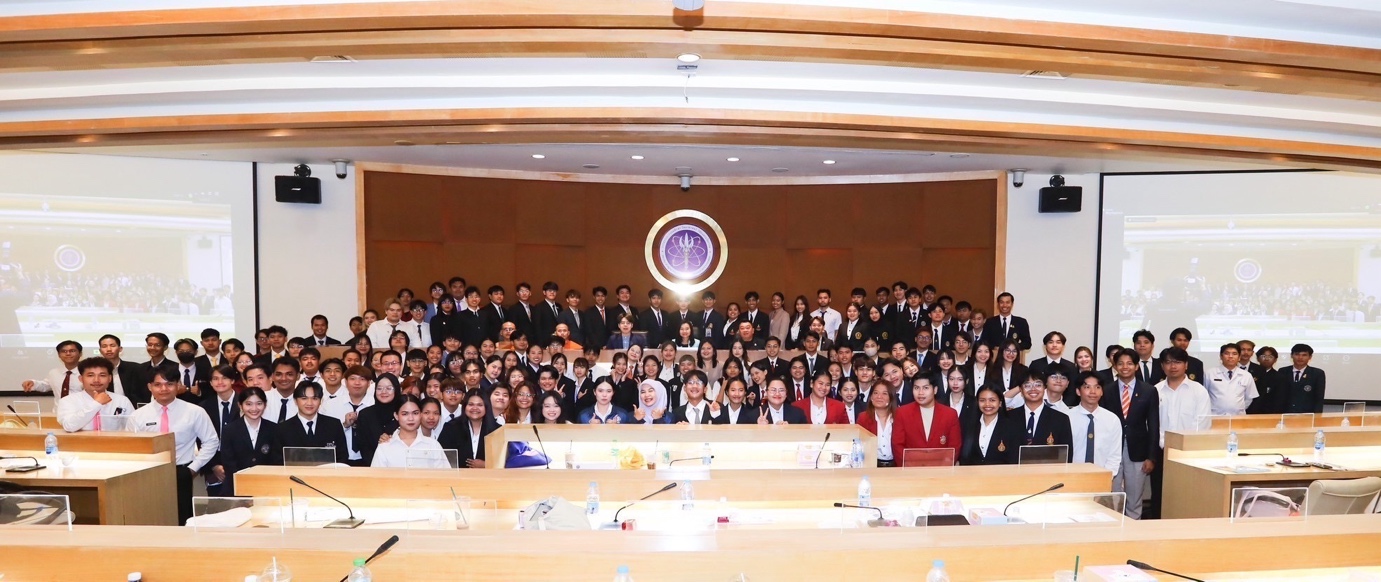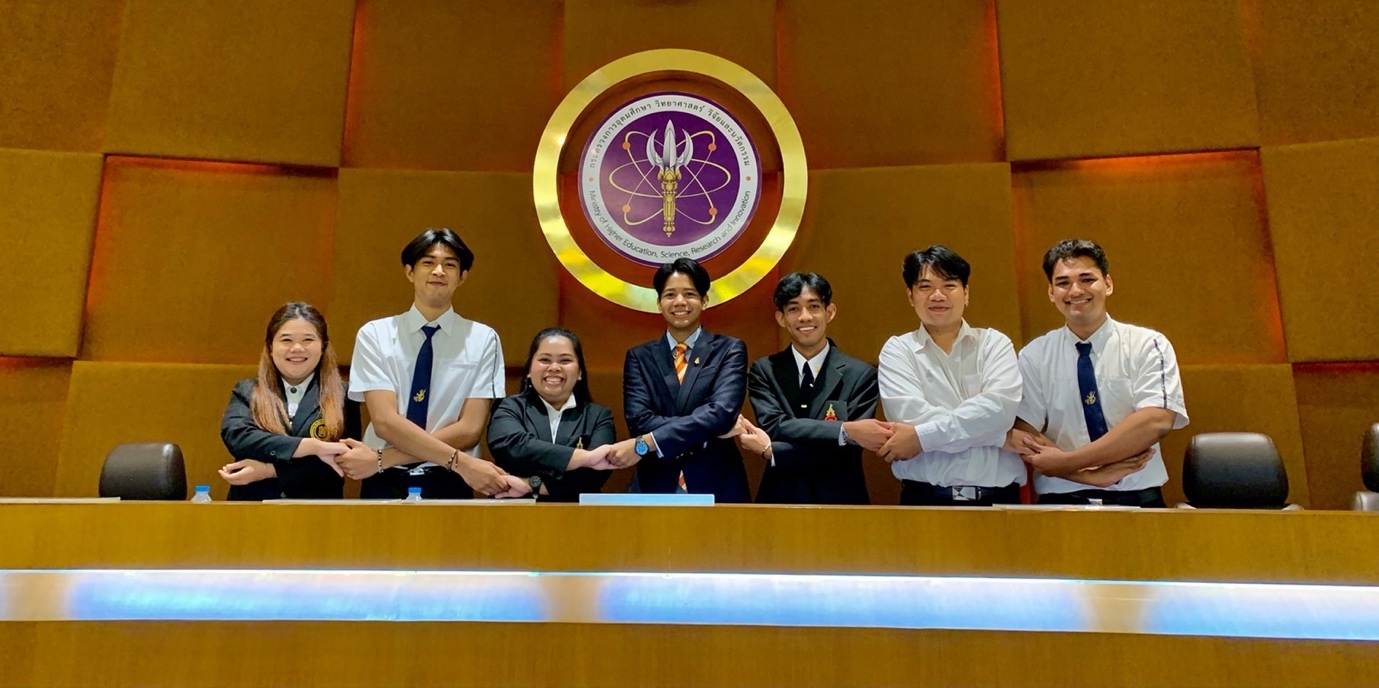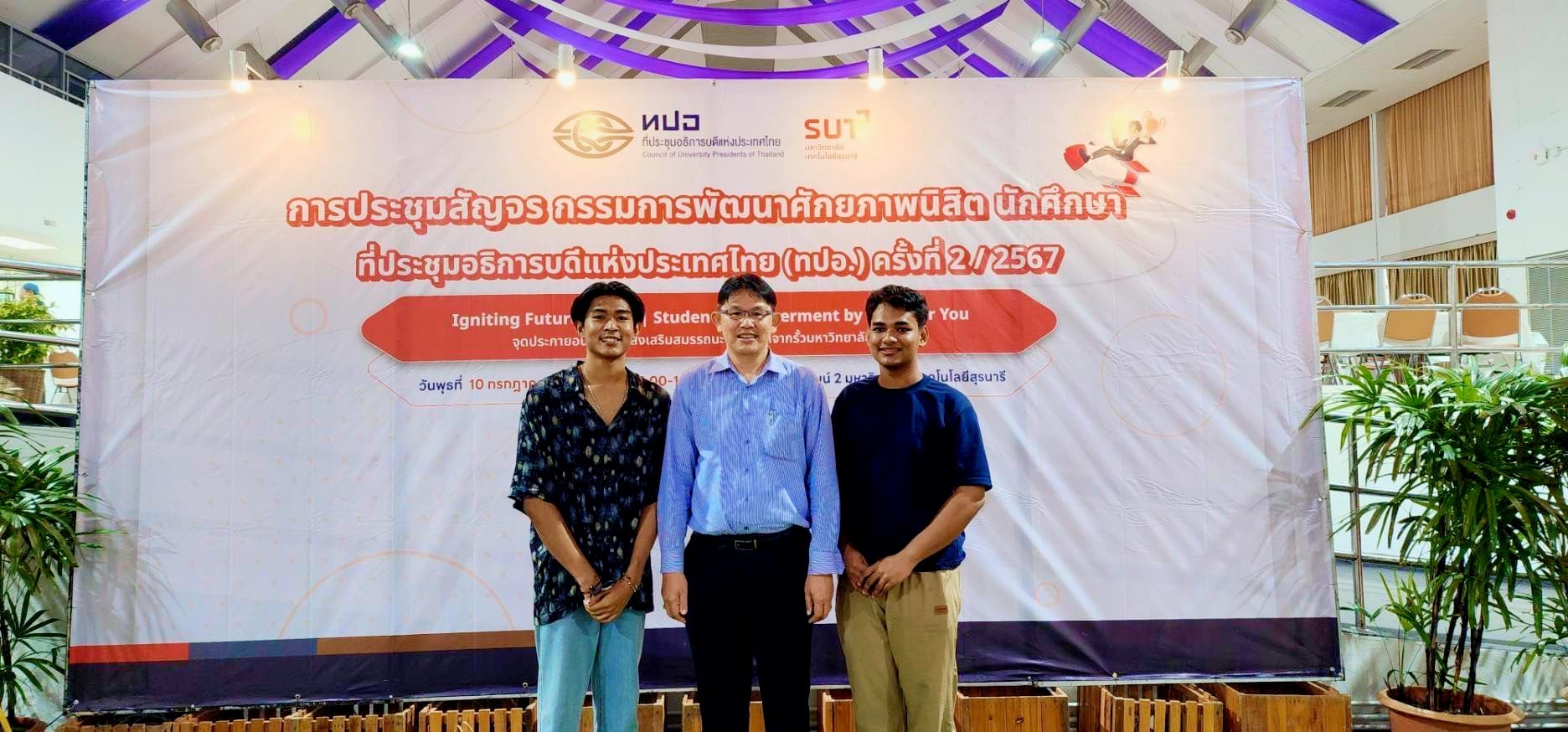Suan Dusit University (SDU) places great importance on creating a learning environment that allows students to express their potential, creativity, and leadership within the framework of democracy and social responsibility. The University formally recognises and supports an independent Students’ Union, consisting of both the Student Council and the Student Organization, which operate as officially endorsed and autonomous student representative bodies.



These student organizations play a crucial role as representative mechanisms for the student body, serving as the central unit for student activities at the university level. They are also responsible for providing recommendations and feedback on policies related to student affairs, working in collaboration with the University administration. SDU allocates annual budgets and provides facilities to ensure that the Students’ Union can operate independently while maintaining accountability and alignment with the University’s vision of fostering socially responsible graduates.
In the dimension of governance input, Suan Dusit University actively involves student leaders—elected through formal university-wide elections—in governance-related discussions and policy formulation. A notable example took place on 9–10 July 2024, when Asst. Prof. Dr. Nakul Ruekcharijumphon, Director of the Division of Student Development, together with Mr. Saran Palakul, a student from the Interdisciplinary Tourism Program at the School of Tourism and Hospitality Industry, serving as the President of the Student Council, represented SDU at the Meeting of the Student Affairs Development Committee under the Council of University Presidents of Thailand (CUPT) held at Suranaree University of Technology, Nakhon Ratchasima Province. This national-level forum served as a platform for student leaders to share experiences and contribute their perspectives on student affairs development in higher education, demonstrating SDU’s recognition of its student leaders as active participants in both institutional and national governance processes.

In the area of student support, the Student Council and Student Organization regularly implement activities aimed at promoting life skills, emotional well-being, and the desired attributes of SDU graduates. These include student leadership development workshops, communication and teamwork training, and community volunteer programs. The University continuously provides financial, advisory, and infrastructural support to empower students to manage these activities autonomously and effectively.
In terms of social and cultural activities, the Student Organization, together with various student clubs and associations, organizes a wide range of events related to cultural preservation, sports, community service, and social responsibility. Examples include volunteer initiatives, community engagement projects, and environmental conservation programs. Such activities not only foster unity, citizenship, and a sense of belonging among students but also reflect SDU’s educational philosophy of “Learning with Goodness,” which emphasizes holistic student development through both academic and moral growth.
In conclusion, Suan Dusit University has established and continually supported an independent Students’ Union that plays a vital role in student governance, welfare, and social engagement. The University’s commitment to nurturing representation, participation, support, and inclusiveness clearly reflects the core values of an accountable and transparent institution—one that provides every student with the opportunity to contribute their voice and play an active role in the governance and development of the university community.
Reference
